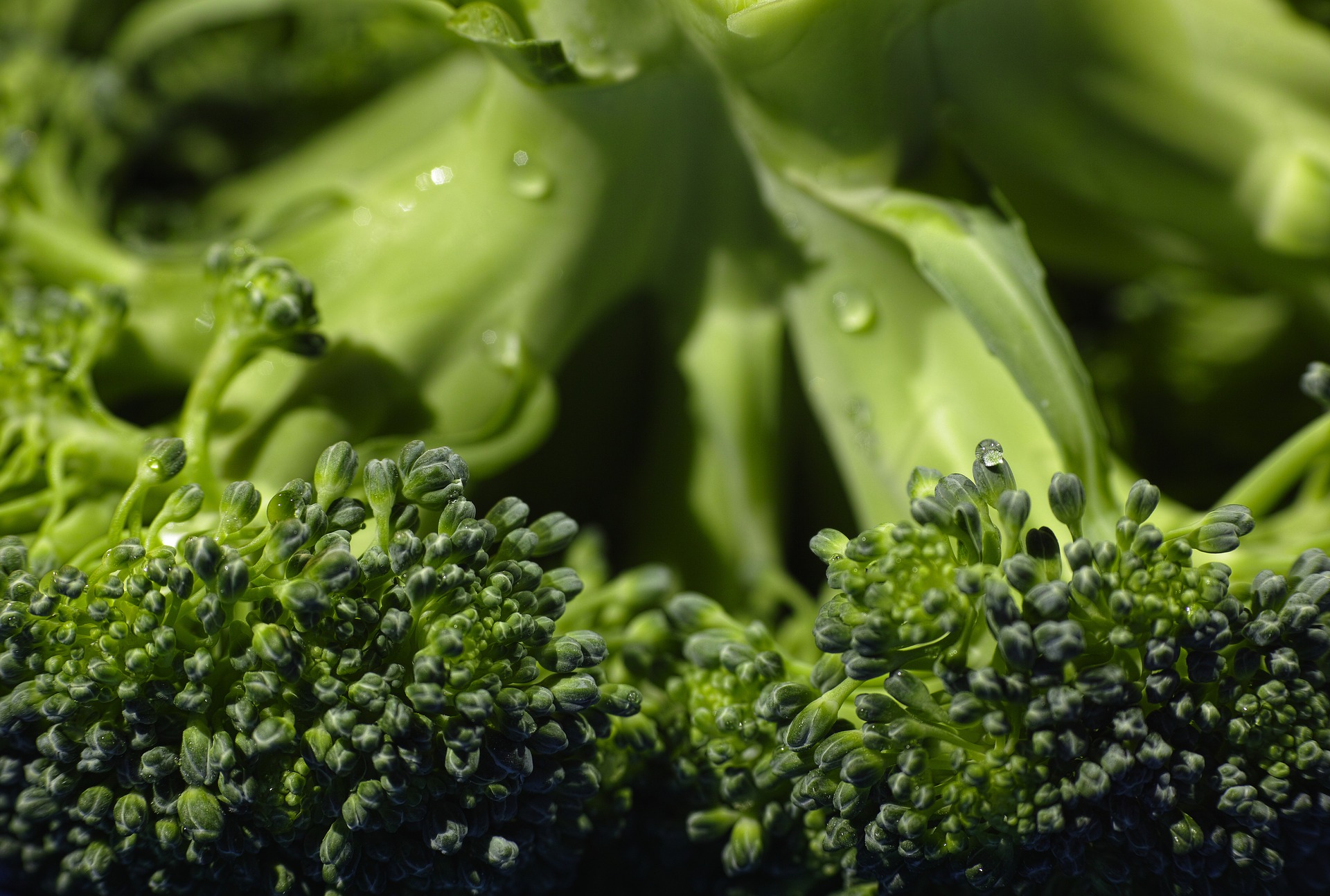An incredible weapon that fights blood sugar in diabetes and prevents cancer comes from nature. We understand why.
Many researchers are studying the properties of naturally occurring compounds to find some therapy to defeat diabetes.
To date, there are approximately 300 million people affected by type 2 diabetes in the world.
A recent study published in Science Transnational Medicine, explains how broccoli sprouts can help anyone with type 2 diabetes. Broccoli sprouts are valuable for cancer prevention, and for keeping blood sugar at bay in diabetes. These contain an active molecule called sulforphan. By acting on the liver cells it is able to control the level of sugar in the blood.
—
An incredible weapon that fights blood sugar in diabetes and prevents cancer comes from nature
The Swedish team led by Annika Axelsson analyzed over 3,800 compounds and found that the most effective is sulforaphor, present in crucifers such as broccoli and cabbage.
Subsequently, the effect of broccoli sprout extract was tested on 97 patients with type 2 diabetes.
All but three patients took metformin (a drug prescribed to treat diabetes).
After twelve weeks, those who took the daily dose of sprout extract along with metformin had a 10% reduction in blood glucose compared to the other group. According to scientists, broccoli extract could replace metformin, because both substances act on blood sugar, but in different ways. This natural substance could be a viable substitute for all patients who cannot tolerate metformin.
Other properties of sulforaphate
Broccoli and broccoli sprouts also have a powerful anticancer activity thanks to sulforaphane and other chemoprotective substances.
They help reduce a variety of ailments such as arthritis, heart disease, kidney disease and obesity.
They also fight fatty liver, because they appear to help with non-alcoholic fatty liver disease (NAFLD), a disease that causes abundant accumulation of fat in the liver.
–
(We remind you to carefully read the warnings regarding this article, which can be consulted who”)


